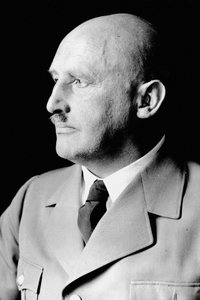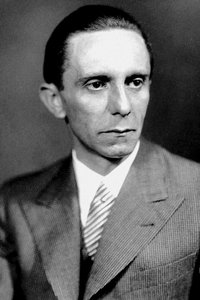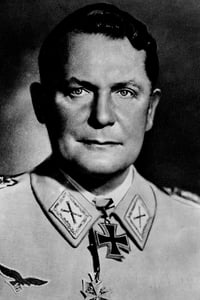Der Judenhetzer – Julius Streicher und "Der Stürmer"
Genres
DocumentaryTV Movie
OverView
Even high Nazi leaders like Joseph Goebbels and Hermann Göring were almost contemptuous of this party comrad, and yet he was one of the most influential figures in the Third Reich: Julius Streicher, publisher of the anti-Semitic weekly "Der Stürmer", responsible for the worst propaganda and infamous for his corrupt and violent regime as Gauleiter of Franconia. By the Allies he was considered a symbol of Nazi hatred of the Jews. In 1946 he was sentenced to death in Nuremberg and executed.
Others
Budget
$--
Revenue
$--
Status
Released
Original Language
German
Runtime
45 mins
Rating
0/10
Release Date
03 January 2001
Country
Germany




